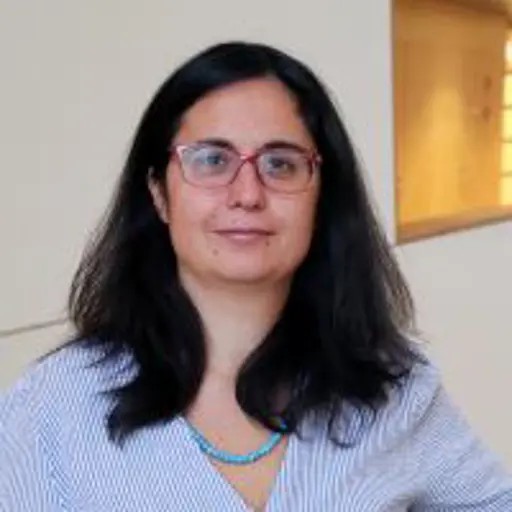

Giovanna Tancredi, together with two researchers and two master’s students, founded ScalinQ, a startup that helps universities and companies scale up their quantum computers. Based on their own research, they identified a growing need and decided to launch their own company.

The idea for ScalinQ emerged from the needs in their own research group at Chalmers University of Technology, where they developed a hardware solution that was not available on the market at the time. Giovanna, along with two other researchers, Robert Rehammar and Sandoko Kosen, they all have a background in quantum computing research and microwave engineering. The trio was involved in the Wallenberg Centre for Quantum Technology (WACQT) initiative, which aims to build a quantum computer with 100 qubits by 2030.
As these quantum computers are built and scaled, the demand for larger processors and more qubits grows, placing higher demands on their hardware systems. ScalinQ therefore offers hardware solutions that simplify the advancement of quantum computers.
“Our innovative approach sets us apart from others on the market since we were the first to develop a modular system with the highest number of connectors*. We've also demonstrated that it can be used by a wide variety of customers, and the performance of the quantum device rather improved with our state-of-the-art sampleholder*,” explains Giovanna.
From Chalmers research to a company
In order to commercialize their research, they merged with two Master students, Lisa Rooth and Zaid Saeed, from Chalmers focusing more on research-based innovation. Today, Zaid is the CEO, and Lisa works as the Chief Operating Officer.
“We then decided to perform a market study to validate whether there was a feasible business case for what we had developed. Shortly after that we decided that the business was viable and formed the company in 2022. Zaid and Lisa took a big risk by joining the company, and they have been instrumental in building it up so successfully,” says Giovanna.
One of ScalinQ's biggest achievements so far has been their ability to grow without any external investment. Their customers are both international universities and companies.
“The fact that we’ve grown so much without taking in investment was made possible by our strong sales from the start. It also proves how significant the need is for our hardware solution,” Giovanna explains.
However, in the early stages, they faced long delivery times and challenges in finding the right supply chain due to the high precision and requirements needed for these kind of components.
“Now that we've grown and established a robust and resilient supply chain, operations are much smoother and our delivery times are very appreciated by our customers,” says Giovanna.
Balancing research and advisory work
Today, Giovanna works as a research advisor for the company, providing advice on what to prioritize from both a customer perspective and based on her own experience in quantum computing research. In addition, she continues her own research, devoting a few hours each week to her role as an advisor. The company currently employs around 15-20 full- and part-time staff and has big ambitions for the future.
“Our ambition moving forward is to become the leading provider of quantum-related hardware solutions. Our goal is to support and deliver to major companies and universities,” concludes Giovanna.
Glossary
*Sample holder: A component or device used to hold and protect quantum chips or other samples during quantum experiments. These holders play a crucial role in quantum computers, as qubits—often in the form of superconducting circuits—must be kept in highly controlled environments to function properly.
*Connectors: Refers to how the quantum processor is controlled. On average, to control a quantum processor, one needs three connectors per qubit.
- Senior Researcher, Quantum Technology, Microtechnology and Nanoscience
- Researcher, Quantum Technology, Microtechnology and Nanoscience

